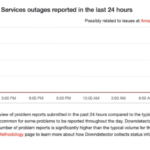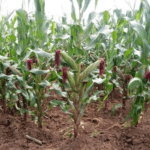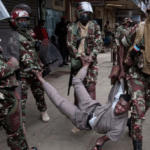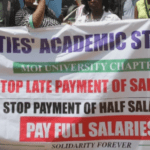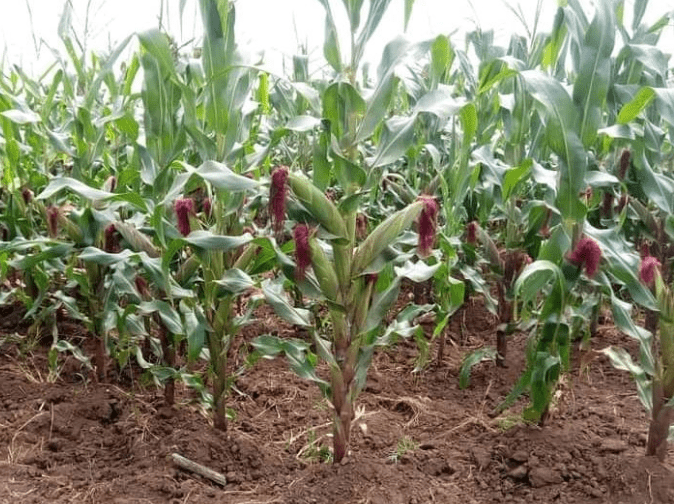On Wednesday, King Charles III commences the second day of his Kenya visit. Acknowledging ” No excuse” for colonial-era abuses in East Africa under British rule.
King Charles said he wished to “deepen my own understanding of these wrongs” during the four-day visit to Kenya with Queen Camilla. But also to bolster the ” modern partnership of equals facing today’s challenges.”
Prior to his arrival, there were demands for King Charles to issue a formal apology to the nation. That endured decades of British colonial rule before Kenya’s hard-won independence in 1963.
During his initial day in Kenya, the 74-year-old British monarch expressed that, the “Misdeeds of the past evoke the greetest sorrow and deepest regret.” Although he refrained from offering an apology.
During a state banquet on Tuesday evening. King Charles articulated that there were deplorable and indefensible acts of violence committed against Kenyans in the midst of their strenuous quest for independence and sovereignty. He underscored that there can be no justification for these actions.
He further added,” While we cannot alter the past, addressing our history with candor and transparency may serve as a testament to the strength of our current friendship, and hopefully, enable us to forge an even stronger bond in the years to come.”
This marks King Charles’ first official visit to an African and Commonwealth nation since ascending to the throne last year. Despite having made three prior official visits to Kenya.
In the upcoming days, during his stay in Nairobi and Mombasa, King Charles announced his intentions to pay his respects at the war graves’ cemetery. Honoring Africans who sacrificed their lives for Britain in the Second World War and also planting trees in memory of the late Kenyan conservationist Wangari Maathai.
King Charles and Camilla received a formal red carpet reception on Tuesday from Kenya President Ruto. They subsequently placed a wreath at the Tomb of the Unknown Warrior located within the Uhuru Gardens Memorial Park.

At this location, Kenya officially proclaimed its independence at the stroke of midnight on December 12, 1963. The Union flag was lowered, making way for the hoisting of the Kenyan Flag.
However, the Uhuru Gardens Memorial Park also occupies the site where British colonial authorities had established a camp for detaining suspected Mau Mau guerrillas. During the brutal suppression of their 1952 to 1760 insurgency.
It was referred to as the “Emergency” period. One of the most violent episodes in the history of the British Empire. Resulting in the death of at least 10,000 individuals primarily from the Kikuyu tribe. Tens of thousands more were rounded up and held without trial in camps, where accounts of executions, torture, and severe beatings were distressingly common.
READ ALSO: Nairobi City Top List of Must-Visit Cities for 2024
Some advocacy groups had called on King Charles to issue a clear and public apology for these egregious abuses.
President Dr. Ruto characterized the emergency period as a time that “amplified the most extreme aspects of colonial impunity”. He condemned the British response to Kenya’s struggle for self-determination as “Horridic in its brutality.” However, he expressed appreciation for the King, courage, and willingness to confront inconvenient realities.
Kenya holds a significant place in history as it was where Queen Elizabeth II was. Then a princess received the news of her father King George VI’s passing in 1952. Marking the beginning of her remarkable 70-year reign.
Charles emphasized Kenya’s enduring significance to his family. Highlighting his mother’s “special fondness” for the nation and its people.
The royal agenda also places emphasis on addressing climate change and lending support to creative arts, technology, and the youth.

